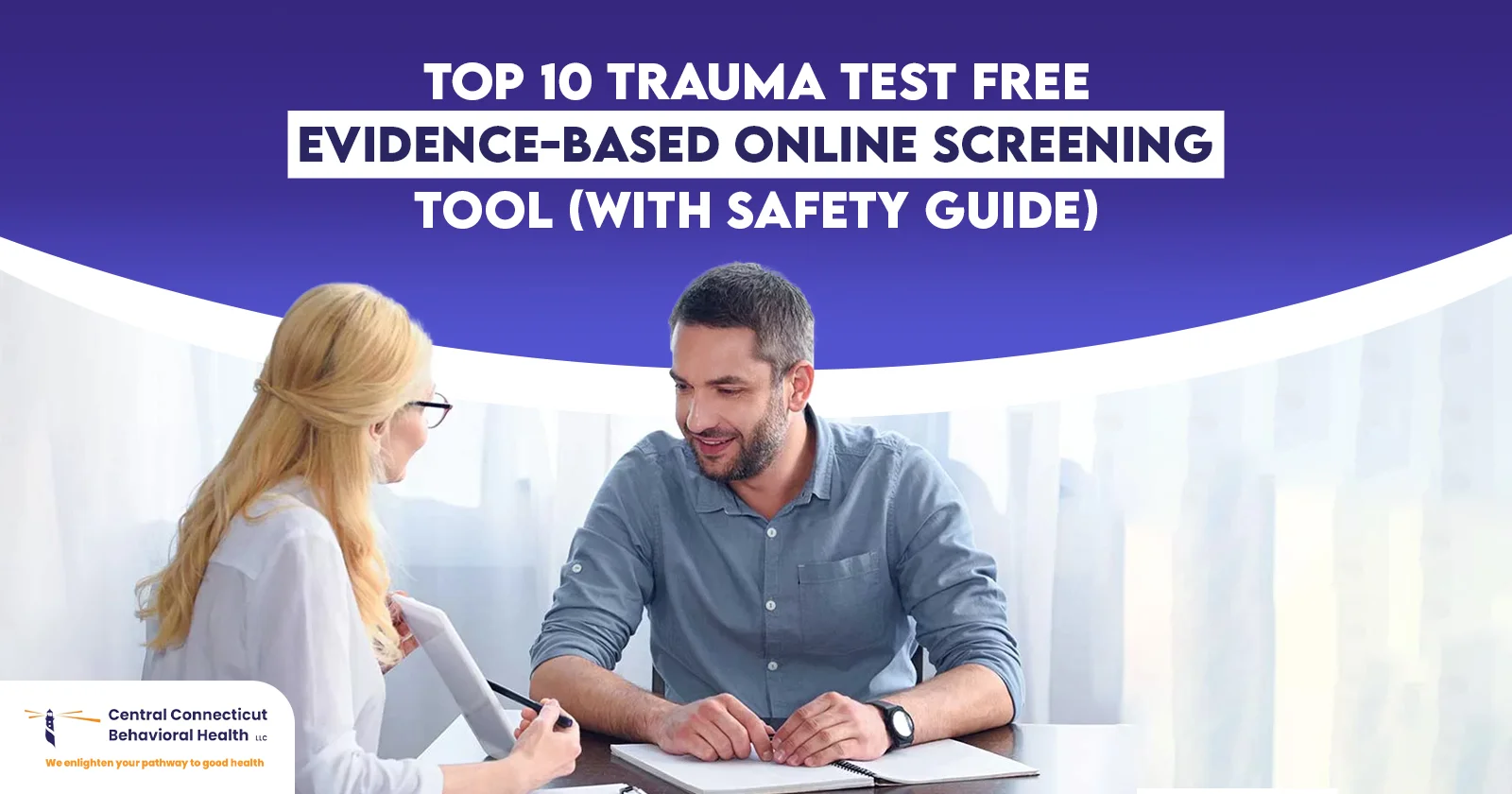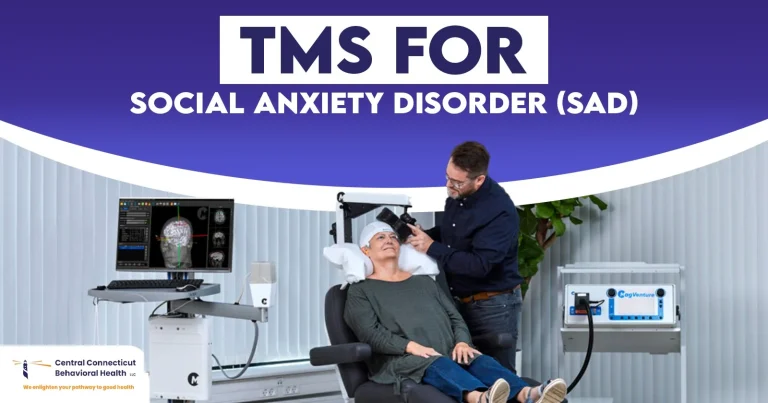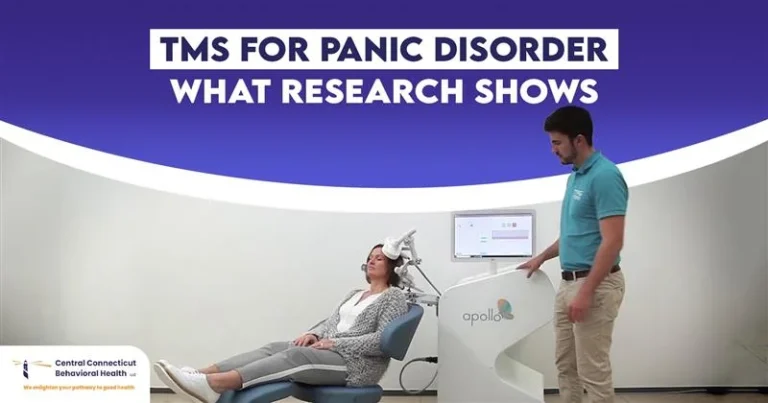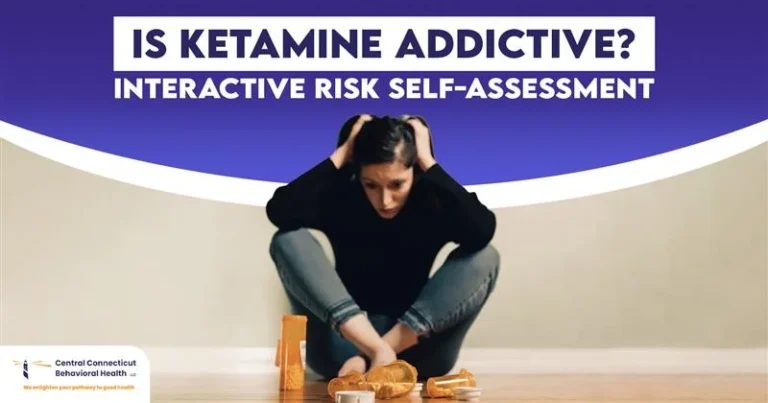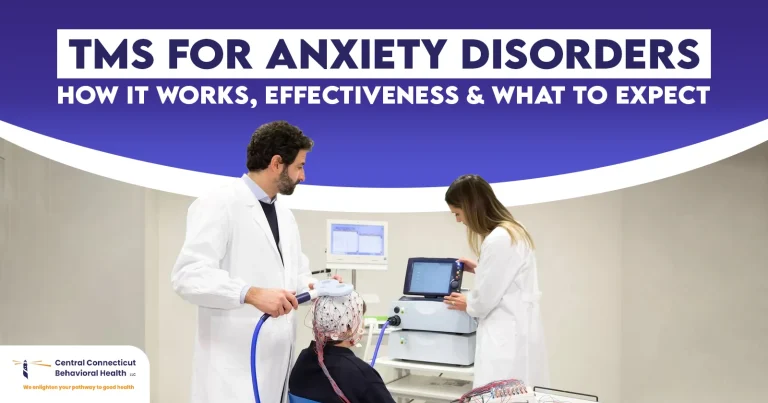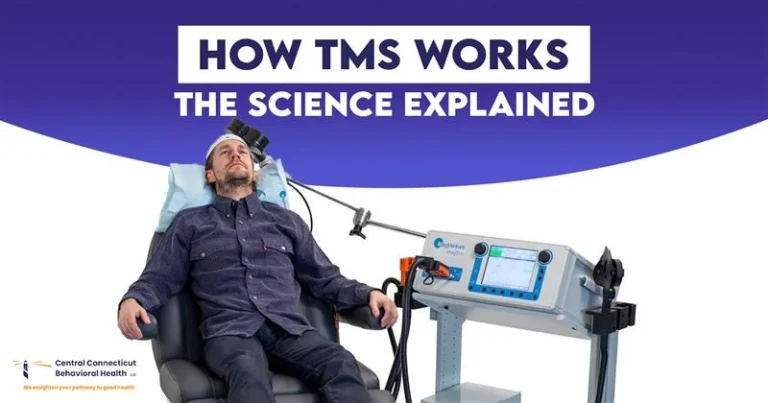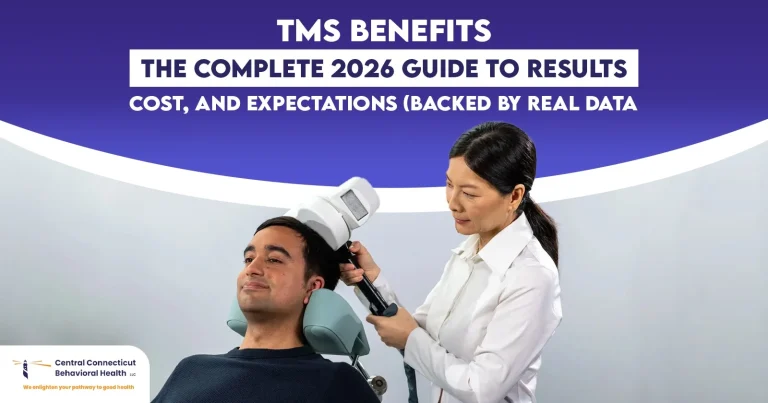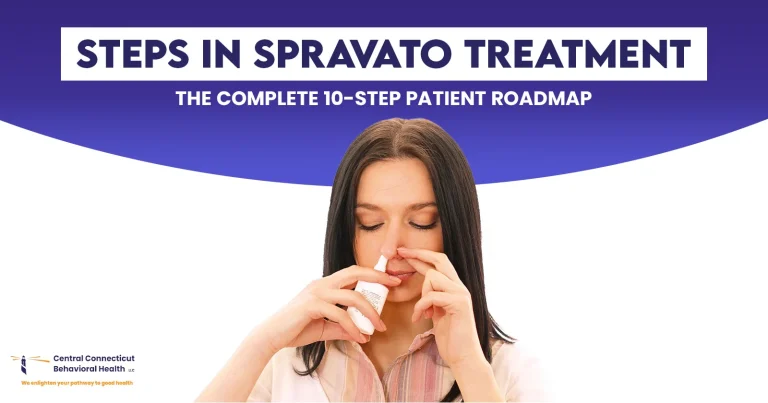Many people are living with trauma without knowing about it. They may feel worried, apathetic, or unsafe but unable connect it to past events. A trauma test is a simple tool that helps people reflect on symptoms of trauma.
These online tests are private, and easy to take. They are not a diagnosis, but they can show if trauma may be affecting your life. This guide explains the top 10 trauma test free options and includes a safety guide to help you use them wisely.
Why Take a Trauma Test?
Trauma can stem from many origins: accidents, disasters, neglect, abuse or recurrent stress. It leaves emotional and physical footprints that often last for years.
Taking a trauma test can help because:
- It raises awareness about mental health.
- It highlights symptoms you might not notice.
- It gives you a starting point before seeking therapy.
- It’s intimate and open to all.
Important: These tests are for personal evaluation only. If results show high trauma symptoms, consider reaching out to a professional such as Central Connecticut Behavioral Health.
Top 10 Trauma Test Options
-
PTSD Test
The PTSD test screens for post-traumatic stress disorder.
- Questions cover nightmares, flashbacks, and feeling on edge.
- It also asks about avoiding reminders of past trauma.
- Many clinics use this test for first-level screening.
- This test is useful if you wonder whether past events still affect your daily life.
-
CPTSD Test
- Complex PTSD develops after lasting or recurring trauma.
- Conceal emotional flooding, trust problems, and difficulty regulating mood.
- Helps identify struggles linked to ongoing abuse or neglect.
- Complements other tools like the trauma symptom checklist.
A CPTSD test is a good option if you faced childhood abuse or repeated trauma over many years.
-
Childhood Trauma Test
This test looks at the impact of early life experiences.
- Questions ask about neglect, abuse, or family conflict.
- Helps link adult struggles to childhood events.
- Often used by therapists during intake sessions.
A childhood trauma test is helpful if you feel your past still affects your relationships or self-esteem.
-
Trauma Quiz
- A quick and simple tool that checks for trauma-related stress.
- Questions focusing on sleep issues, mood, and daily routine.
- Easy for everyone to complete in a couple of minutes.
- Great for people trying free trauma testing for the first time.
This trauma quiz does not go deep but is a good first step toward awareness.
-
Online Trauma Screening
Many health websites offer short and evidence-based screenings.
- Built on tools used by experts.
- Including comprehensive questions about trauma, anxiety, and depression.
- Can be done at home and shared with a provider later.
This option is ideal if you want a online trauma screening that is simple but grounded in research.
-
Trauma Self Assessment
This tool is focused on self-reflection.
- Includes questions about relationships, memory, and coping.
- Private and safe to take without sharing data.
- Often paired with a trauma informed care quiz.
A trauma self assessment test is best for those who want to understand their symptoms quietly before reaching out for support.
-
Emotional Trauma Test
Some trauma tests focus on emotional health.
- Monitors for anger, fear, worry or numbness.
- Highlights emotional patterns linked to trauma.
- Useful for people who “feel off” but don’t know why.
This emotional trauma test helps uncover hidden emotional wounds.
-
Trauma Symptom Checklist
This checklist is more detailed than most trauma quizzes.
- Covers memory, anxiety, sleep, and physical stress.
- Used by therapists and clinics for deeper screening.
- Reliable for long-term tracking of symptoms.
The trauma symptom checklist is useful if you want a structured and professional-style tool.
-
Trauma Personality Test
This test explores how trauma affects personality.
- Looks at trust, coping styles, and relationships.
- Shows if trauma has shaped traits like self-esteem or control.
- Encourages reflection on social and emotional growth.
The trauma personality test can give insight into long-term impacts of trauma on personality.
-
Trauma Resilience Test
Not everyone who faces trauma struggles long-term. Some people develop strong resilience.
- Measures coping ability and strength.
- Encourages focus on recovery and growth.
- Supports positive mental health by highlighting skills.
This trauma resilience test is best for those who want to see their strengths as well as challenges.
Safety Guide: How to Use Trauma Tests
Taking an online trauma test is safe when used wisely. Here are important tips:
-
Know the limits
- A trauma test cannot replace therapy.
- Results are only a guide.
-
Watch for red flags
Seek professional help if you:
- Feel hopeless or unsafe.
- Think about self-harm.
- Struggle daily with basic tasks.
-
Share results with a professional
- Counsellors and psychologists can interpret results.
- Connecticut Behavioral Health offers trauma-informed therapy.
-
Use results for awareness, not labels
- Scores are not permanent.
- They highlight patterns, not destiny.
Taking the Next Step Toward Healing
If the trauma screening shows high symptoms, remember you are not alone. Healing is possible.
Options available are:
-
Therapies: For clients affected by trauma like Cognitive behavioral therapy, and EMDR.
-
Support groups: Secure spaces to share stories.
-
Clinical care centers: Clinics like Ct Behavioral Health give specialized help.
-
Self-care: Awareness, self reflection, and daily exercise aid recovery.
Going for a test is the initial step. The next step is reaching out for help and designing a recovery plan.
Conclusion
A trauma test gives a safe and simple way to mirror your mental health. If you select a PTSD test , a CPTSD test , or a childhood trauma test , each one will uncover ,how past incidences are sculpting your present. Other tests like the trauma symptom checklist , emotional trauma test , or trauma resilience test helps you see your strengths and your struggles.
These online tools like trauma self assessment, trauma quiz, or online trauma screening are not for diagnosis. They are just the first step in a lasting healing journey. If your results are high, reach out for help. Professional support makes recovery easy and possible.
Clinics like Central Connecticut Behavioral Health, Ct Behavioral Health, and other trusted psychiatrists provide trauma-informed care for adults, including those in search for a free trauma test for adults online or wondering, “Do I have trauma? quiz.” Whether you are searching a complex trauma test, a psychological trauma test, or a trauma personality test, make sure that healing requires guidance, compassion, and the accurate treatment.
Taking a trauma test is only the start. Next step is to reach out, connect to care, and build adaptability. The right care, will conquer the past and helps you move toward a healthier and stronger future.
(FAQs) about Trauma Test
-
What is a trauma test?
It is an online tool that checks for trauma symptoms. It is private and easy to take but does not replace a professional diagnosis.
-
Are childhood trauma tests accurate?
Yes, they are based on research tools. But only a licensed therapist can confirm results.
-
Is trauma quiz for self-diagnosing?
No. This quiz is only for awareness purpose. If your results scores high, seek professional advice.
-
Are online trauma screenings safe?
Yes, if they come from secure sites. Always check privacy policies.
-
What is the difference between CPTSD and PTSD tests?
A PTSD test checks for single-event trauma. A CPTSD test covers repeated or long-term trauma.
-
Where can I find a trauma test for adults online?
Many health websites and clinics offer options like trauma self assessment, PTSD test, and emotional trauma test.
-
How reliable is a trauma personality test?
It helps to reflect on how trauma mould personality, but is not a diagnosis.
-
What should I do if my results are high?
Take experts opinion, such as Professionals at Central Connecticut Behavioral Health, or call a crisis hotline if you feel unsecure.


